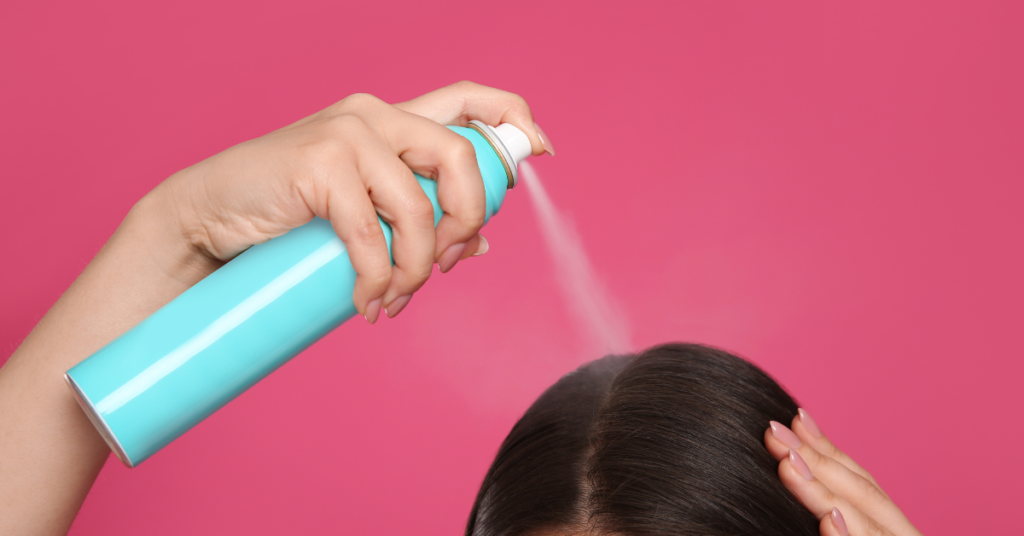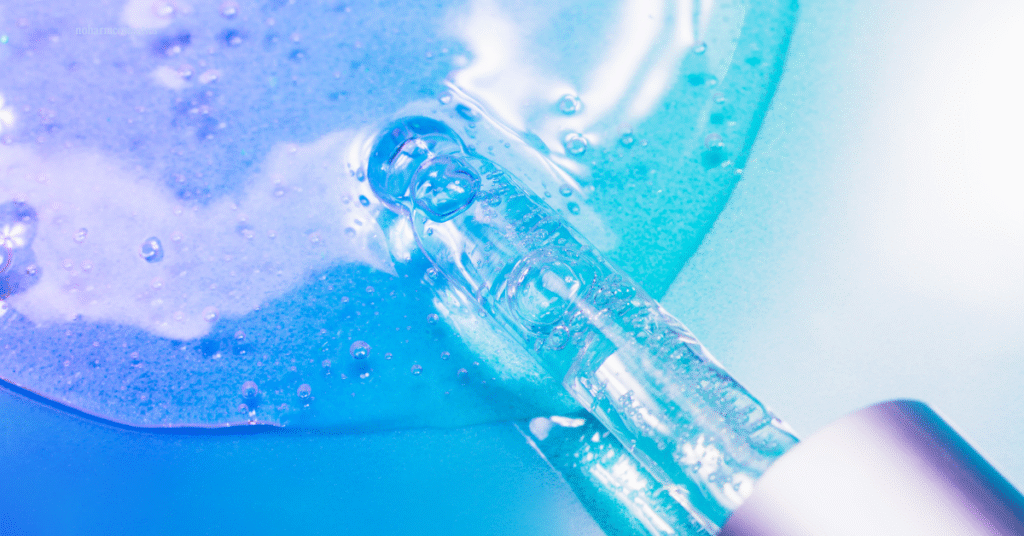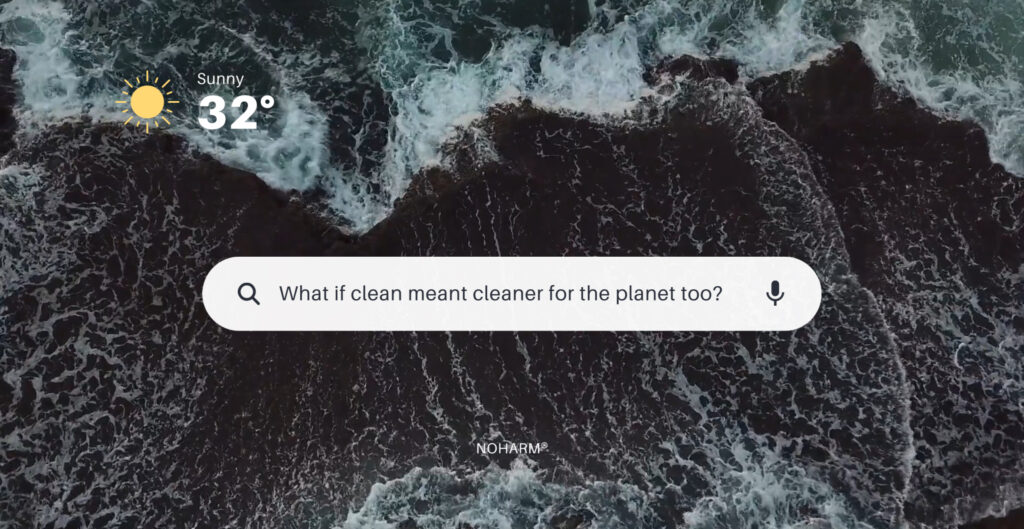What Is Benzene and How Dangerous Is It?
Benzene is a highly toxic chemical and a known carcinogen. It was first ‘discovered’ (isolated) in 1825 by Michael Faraday, who extracted it from the oily residue of coal gas used in London street lamps.
Long-term exposure to benzene is linked to leukemia and other cancers, particularly blood cancers like acute myelogenous leukemia (AML). It can also damage bone marrow, impair immune function, and lead to anemia.
How does Benzene End Up in Cosmetics?
Benzene is not an intentional ingredient in cosmetics but ends up in products such as aerosol cosmetics like dry shampoos and sunscreens, due to contamination in the manufacturing process, as well as products containing benzoyl peroxide. Here’s how it happens:
Contaminated Propellants:
Primary Source: Benzene often enters aerosol products through propellants like butane, propane, or isobutane, which are used to dispense sprays. These propellants are derived from crude oil or natural gas, which naturally contain benzene.
Unstable Ingredients:
Benzoyl peroxide is inherently unstable and can break down under certain conditions, forming benzene as a byproduct.
Raw Material Impurities:
Some cosmetic ingredients, such as petroleum-derived solvents or additives, may contain trace benzene if not adequately refined.
Manufacturing Cross-Contamination:
Benzene can contaminate cosmetics during production if shared equipment or storage facilities are used for products containing benzene without proper cleaning.
Poor quality control in supply chains, especially for globally sourced ingredients, can lead to unintended benzene inclusion.
Lack of Regulatory Oversight:
In the U.S., cosmetics are not subject to pre-market testing by the FDA, unlike drugs. Manufacturers self-regulate, and testing for impurities like benzene is not mandatory.
Aerosol cosmetics like dry shampoos and sunscreens rely heavily on propellants, which are more likely to be contaminated with benzene than other cosmetic ingredients. The spraying mechanism increases the risk of inhalation, amplifying health concerns compared to non-aerosol products like creams or powders.
Health Risks of Benzene
Cancer: Long-term exposure increases the risk of leukemia, lymphoma, and multiple myeloma.
Blood and Bone Marrow: It can damage bone marrow, leading to anemia and weakened immunity.
Nervous System: Short-term exposure can cause dizziness, headaches, and unconsciousness. Long-term exposure can affect memory and concentration.
Reproductive Harm: It can affect reproduction and fetal development when pregnant women are exposed.
Recalls: Dry Shampoos Contaminated with Benzene

2022: Unilever voluntarily recalled 19 aerosol dry shampoo products produced before October 2021 due to potentially elevated levels of benzene. An investigation identified the propellant (isobutane, propane, or butane) as the source of benzene contamination. These propellants can be contaminated with benzene during the refining process of crude oil.
Dove: Dry Shampoo Volume and Fullness, Fresh Coconut, Fresh and Floral, Ultra Clean, and others.
Nexxus: Dry Shampoo Refreshing Mist, Inergy Foam Shampoo.
Suave: Dry Shampoo Hair Refresher, Professionals Dry Shampoo Refresh and Revive.
TIGI (Rockaholic and Bed Head): Bed Head Oh Bee Hive Dry Shampoo, Oh Bee Hive Volumizing Dry Shampoo, Dirty Secret Dry Shampoo, Rockaholic Dirty Secret Dry Shampoo.
TRESemmé: Dry Shampoo Volumizing, Fresh and Clean, Pro Pure Dry Shampoo.
Benzene Contamination in Benzoyl Peroxide Products
Benzoyl peroxide is inherently unstable and can break down under certain conditions, forming benzene as a byproduct.
In 2024, some skincare products, specifically acne treatments with benzoyl peroxide, were found to contain benzene due to contamination:
La Roche-Posay Effaclar Duo Dual Action Acne Treatment
Walgreens Acne Control Cleanser
Proactiv Emergency Blemish Relief Cream Benzoyl Peroxide 5%
Proactiv Skin Smoothing Exfoliator
SLMD Benzoyl Peroxide Acne Lotion
Walgreens Tinted Acne Treatment Cream
Zapzyt Acne Treatment Gel
Source: FDA
Sunscreen Recalls Due to Benzene Contamination
In 2021, Johnson & Johnson issued a voluntary recall of several Neutrogena and Aveeno aerosol sunscreen products after internal testing revealed the presence of benzene. This decision followed findings by the independent lab Valisure in May 2021, which detected low levels of benzene in various sunscreen products. The recalled products include:
Neutrogena Beach Defense Aerosol Sunscreen (all SPF levels and sizes)
Neutrogena Cool Dry Sport Aerosol Sunscreen (all SPF levels and sizes)
Neutrogena Invisible Daily Defense Aerosol Sunscreen (all SPF levels and sizes)
Neutrogena Ultra Sheer Aerosol Sunscreen (all SPF levels and sizes)
Aveeno Protect + Refresh Aerosol Sunscreen (all SPF levels and sizes).
The contamination was believed to have originated from raw materials or during the manufacturing process, possibly from propellants such as isobutane or butane.
Procter & Gamble’s Voluntary Recall of Old Spice and Secret Aerosol Deodorants Due to Benzene Contamination
In November 2021, Procter & Gamble (P&G) voluntarily recalled specific Old Spice and Secret aerosol spray antiperspirants and Old Spice Below Deck aerosol spray products after detecting trace amounts of benzene,
Benzene is a dangerous chemical linked to cancer and other health issues, particularly with long-term exposure.
Monitor FDA Updates: Check www.fda.gov for recall announcements and guidelines.
What Recent Recalls Reveal About Hidden Dangers in Everyday Products
Benzene-related recalls across cosmetics and personal care items including sunscreens, dry shampoos, acne treatments, and deodorants highlights a concerning gap in manufacturing oversight and regulatory enforcement. While benzene is never an intentional ingredient, its presence due to contaminated propellants, raw materials, or poor quality control poses real health risks. These recalls are not exhaustive but serve as clear examples of how systemic vulnerabilities can lead to contamination.




